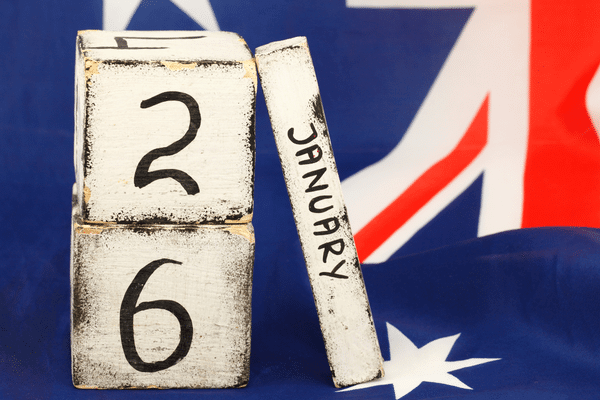Come end January, it’s almost a national pastime to discuss the relevance of the Australia Day holiday. This year though, the discussion has a new argument thrown in.
Writer and researcher Osmond Chiu has suggested that Australia’s public holidays should better reflect its multicultural mix. Writing in the Lowy Institute publication The Interpreter, he proposed that given Australia’s increasing diversity, we should consider a range of diverse cultural and religious days as public holidays. Not only would this normalise our cultural pluralism, it would also show that “our society genuinely recognises … our cultural and religious diversity”.
We celebrate the fact that more than 51% of our population was either born overseas or has at least one parent born overseas, and describe ourselves as a ‘successful multicultural nation’. The need then to forge a new identity for the nation, should follow naturally.
While the issue of Australia becoming a Republic will no doubt come in for intense debate in the near future, one of the ways forward is to recognise significantly and culturally relevant days of these emerging communities as national holidays. Chiu argues in his article that Chinese Lunar Year, Eid and Diwali are three obvious choices for adding on new public holidays, looking at the emerging trend of new migrants’ countries of birth.

If new public holidays cannot be added to the national register, perhaps these can be traded off for other existing holidays to create the balance. A day off on Eid or Diwali, for instance, swapped with a day in at work on Easter Friday or King’s Birthday.
Such workplace flexibility is in fact already in implementation where 26 Jan is concerned.
The First Nations view that Australia Day is really Invasion Day is finding more and more sympathisers. Many local councils have this year opted not to have citizenship ceremonies on this day. Some corporates such as Telstra with its 29,000-strong workforce, University of Wollongong, BHP, KPMG, Deloitte, even the 160,000 employees of Woolworths, are able to take a day off in lieu, if they are not comfortable celebrating Australia Day.
One of the side benefits of the COVID lockdowns has been the ability of corporates to manage workflow flexibility with staff working from home. Having the flexibility of allowing a staff member to select which of the current seven national holidays they want to trade off for a significant holiday of their choice, can be easily factored in, while retaining and attracting new staff.
Australia has seven national holidays including Easter Friday, Christmas Day and Labour Day. Various states have enacted their own holidays such as Melbourne Cup Day and the day preceding AFL Grand Final in Victoria. The power to legislate is there, as evidenced on the day of mourning when Queen Elizabeth passed away last year.
Which state would be the first to pick up the baton and allow its employees to celebrate their own day of significance? Time will tell, and perhaps before the decade is out this will be standard practice nationwide.






